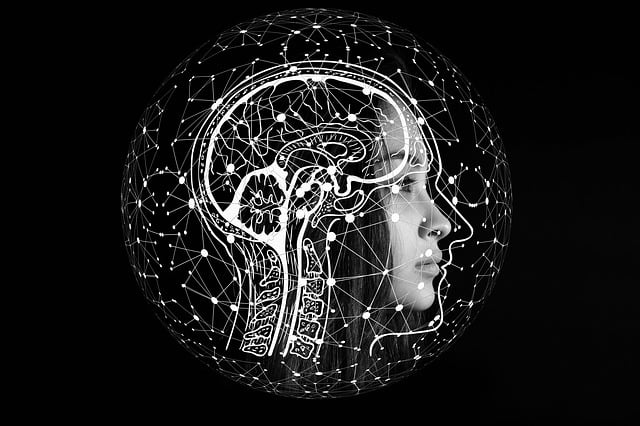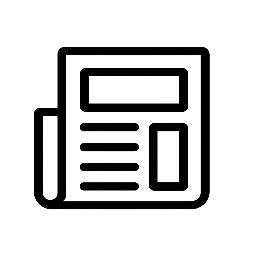-
Table of Contents
- The Rise of AI in Music Creation
- Table of Contents
- Understanding the Technology Behind AI Music
- Key Components of an AI Music System
- Leading Platforms for AI-Generated Music
- Choosing the Right Tool for Your Needs
- Artists Who Embrace AI Composition
- Commercial Applications of AI-Generated Music
- Overcoming Limitations of AI Music
- Ethical Considerations in AI Composition
- Emerging Trends in AI-Generated Music
- How Musicians Can Stay Ahead
The Rise of AI in Music Creation

Table of Contents
- What Is AI-Generated Music?
- How AI Composes Music
- Top AI Music Tools
- Success Stories in AI Music
- Common Challenges and Solutions
- The Future of AI in Music
- Key Takeaways
What Is AI-Generated Music?
Artificial intelligence music generator technology has revolutionized how we create and experience music. These systems use machine learning to compose melodies, harmonies, and even full orchestral arrangements. Unlike traditional methods, AI can analyze vast datasets of existing music to generate original pieces in seconds. For example, OpenAI’s Jukebox demonstrates how neural networks can produce songs in various genres and styles.
Many musicians now use AI tools to enhance their creative process. Whether you’re a beginner or a professional, these tools offer endless possibilities. If you’re struggling with writer’s block or need fresh ideas, an artificial intelligence music generator might be the solution. Check out our related article on how AI is changing music production for deeper insights.
How AI Composes Music
Understanding the Technology Behind AI Music
AI music tools rely on deep learning models trained on extensive music libraries. These models identify patterns in rhythm, melody, and structure to create new compositions. For instance, Google’s Magenta project uses recurrent neural networks (RNNs) to generate coherent musical sequences. Additionally, reinforcement learning helps refine outputs based on user feedback.
Key Components of an AI Music System
- Data Input: AI requires high-quality training data, such as MIDI files or audio recordings.
- Algorithm Selection: Models like GPT-3 or WaveNet determine the style and complexity of the output.
- User Customization: Many tools allow adjustments in tempo, key, and instrumentation.
To explore more about these technologies, read our guide on the best AI tools for musicians.
Top AI Music Tools
Leading Platforms for AI-Generated Music
Several platforms have gained popularity for their ability to produce high-quality music. Here are three standout options:
- Amper Music: A user-friendly tool for creating royalty-free tracks.
- AIVA: Specializes in classical and cinematic compositions.
- Boomy: Helps beginners generate songs in minutes.
Choosing the Right Tool for Your Needs
When selecting an artificial intelligence music generator, consider your goals. Do you need background music for videos or full-length compositions? Each platform has unique strengths, so experiment to find the best fit. For a detailed comparison, visit MusicTech.
Success Stories in AI Music
Artists Who Embrace AI Composition
Many musicians have successfully integrated AI into their workflows. Taryn Southern, for example, released an album entirely co-written with AI. Similarly, Holly Herndon used machine learning to create her album “PROTO.” These cases show how AI can complement human creativity rather than replace it.
Commercial Applications of AI-Generated Music
Businesses also benefit from AI music. Companies like Jukin Media use AI to score videos efficiently. Moreover, streaming platforms leverage algorithms to personalize playlists. Learn more about these applications in our article on AI in the music industry.
Common Challenges and Solutions
Overcoming Limitations of AI Music
While AI offers many advantages, it also has limitations. For instance, some outputs lack emotional depth or originality. To address this, musicians often edit AI-generated tracks manually. Additionally, combining multiple tools can yield better results.
Ethical Considerations in AI Composition
Questions about copyright and authorship arise with AI music. Who owns a song composed by a machine? Organizations like ASCAP are working to establish guidelines. Meanwhile, transparency about AI’s role in creation is crucial.
The Future of AI in Music
Emerging Trends in AI-Generated Music
The technology continues to evolve rapidly. Future advancements may include real-time collaboration between humans and AI. Furthermore, generative adversarial networks (GANs) could produce hyper-realistic compositions.
How Musicians Can Stay Ahead
To thrive in this changing landscape, artists should embrace AI as a tool rather than a threat. Experimentation and continuous learning will be key. For more insights, explore Future of Music.
Key Takeaways
Artificial intelligence music generator tools are transforming the music industry. They offer speed, creativity, and accessibility to musicians of all levels. However, challenges like emotional depth and copyright issues remain. By understanding these tools and their potential, you can harness AI to



Leave a Reply